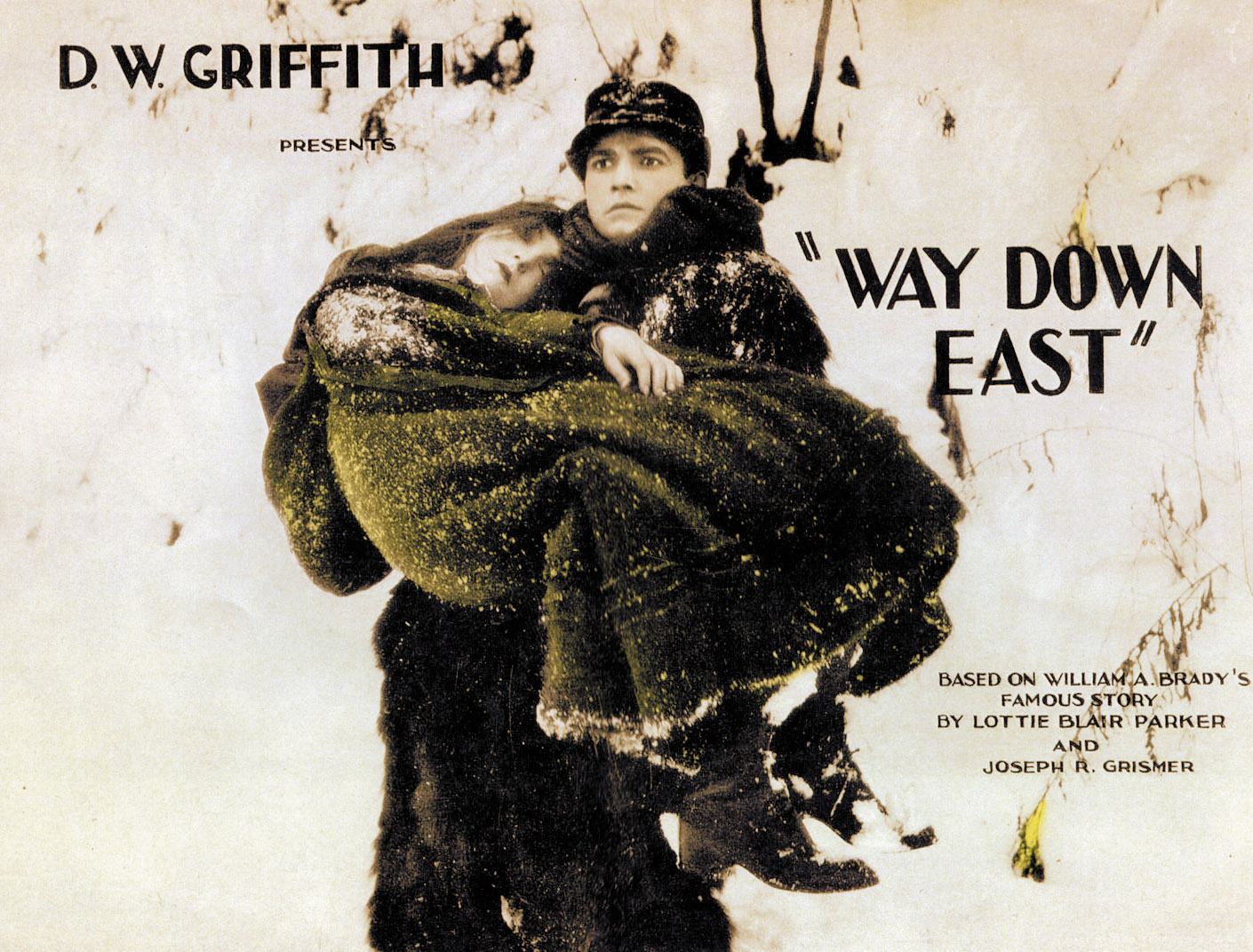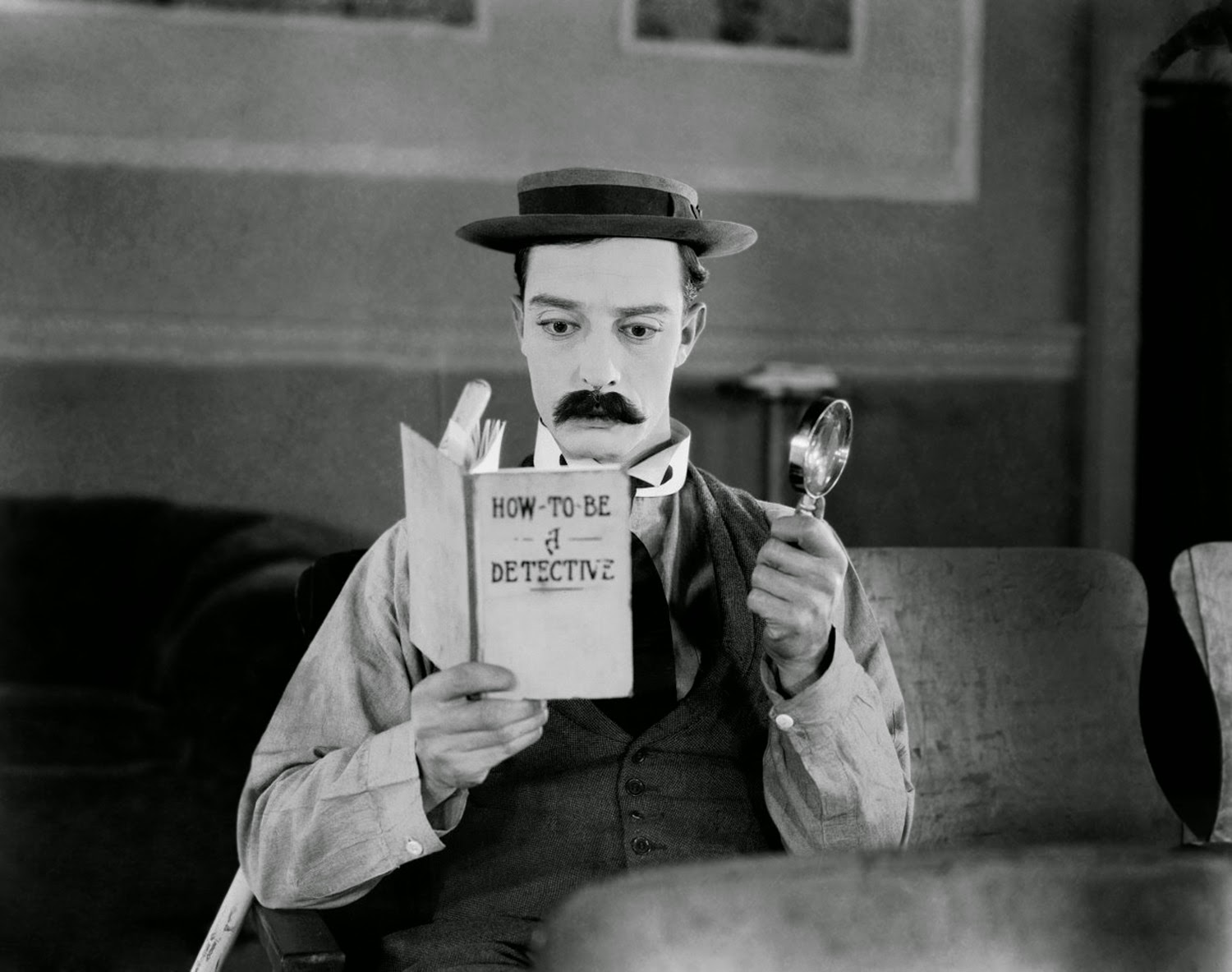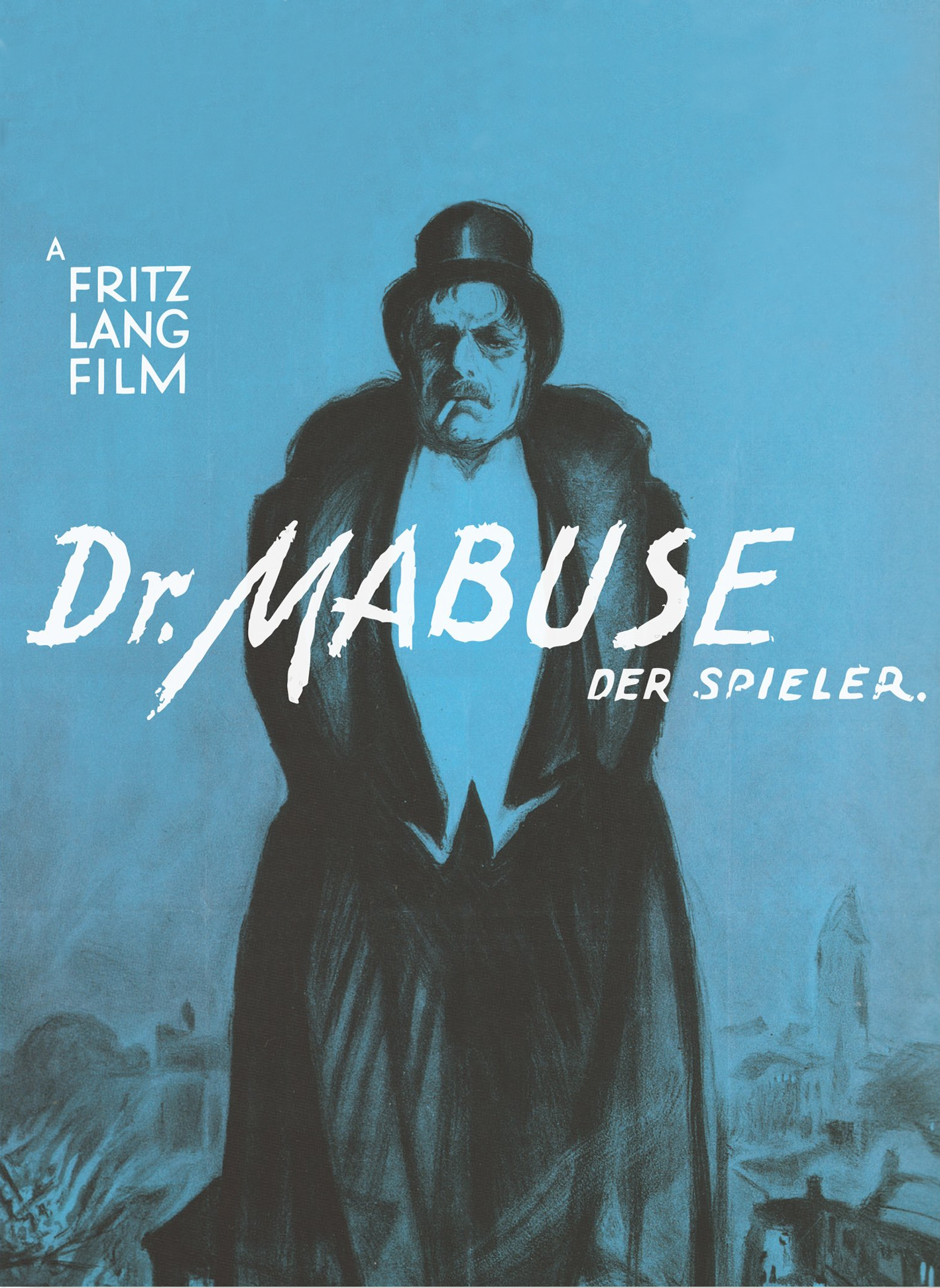A Silent Masterpiece of Crime and Control Fritz Lang’s “Dr. Mabuse the Gambler” (1922) stands as a towering achievement in the annals of silent cinema. This German expressionist epic, spanning nearly four and a half hours, weaves a complex tapestry of crime, manipulation, and societal decay that continues to captivate…
Tag: public domain

Greed (1924)
Welcome to this week’s Vintage Movie Review on Blind Skeleton! Today, we delve into the depths of human nature with Erich von Stroheim’s 1924 silent film, “Greed.” Based on Frank Norris’s novel “McTeague,” “Greed” is a powerful exploration of the destructive power of avarice. The film tells the story of…

Green Brother’s Novelty Band
Introduction When it comes to the eclectic sounds of early 20th-century music, few groups capture the whimsical spirit and innovative flair quite like the Green Brothers’ Novelty Band. Known for their unique instrumentation and lively performances, the Green Brothers brought a fresh and playful energy to the music scene of…

Way Down East
“Way Down East,” directed by D.W. Griffith and released in 1920, is a silent film adaptation of Lottie Blair Parker’s play. It explores themes of morality, social justice, and personal redemption through Anna Moore’s story of societal scorn, tragedy, and eventual love. Griffith’s innovative narrative techniques and technical achievements, like the iconic ice floe sequence, make it a landmark in early American cinema. Despite facing criticisms for its melodramatic elements and portrayal of gender roles, the film’s compelling performances and emotional depth underscore its lasting impact.

Sherlock, JR
Buster Keaton’s 1924 film “Sherlock, Jr.” is celebrated for its innovative blend of reality and fantasy, setting a new standard in silent film comedy. The story follows a projectionist who imagines himself as a detective within a film, showcasing Keaton’s groundbreaking use of meta-fiction, technical ingenuity, and physical comedy.

